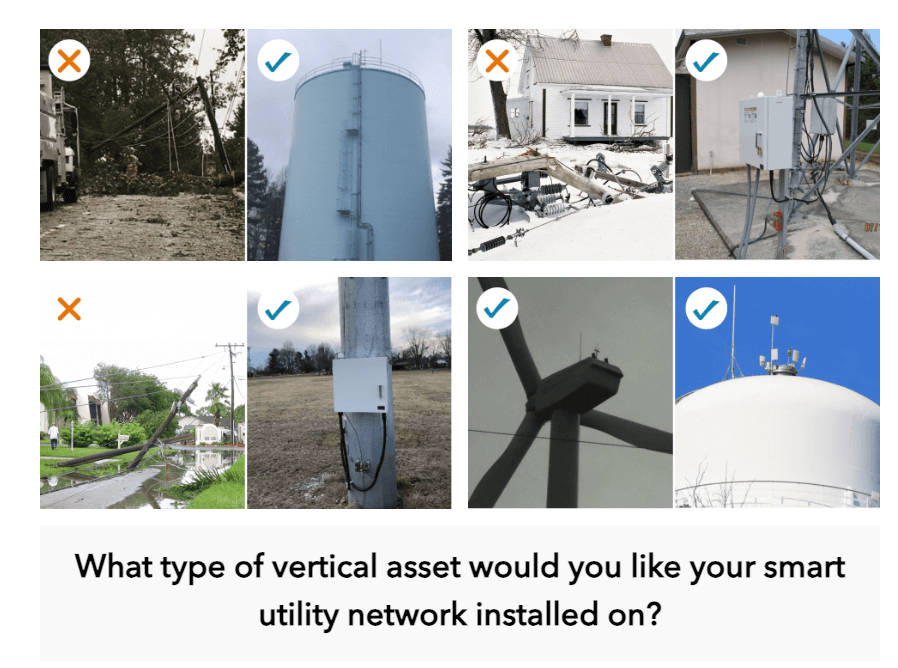
Severe Weather is No Match for a Smart Utility Network
Improving the resiliency of the electric grid is important in managing an uncertain future
We have all seen how severe weather can impact homes, businesses, cities, and lives. Many of us know someone who has been impacted by a severe weather event, and studies indicate that extreme weather events are likely to become more frequent or more intense. Factoring the impact of weather into a utility’s decision on selecting the right smart utility network is not only smart, but also good business.
No one wants to install a smart utility network, only to see it lying on the ground following severe weather, along with the utility distribution poles they were installed on. In this case, the “total system cost of ownership” goes up substantially since new network equipment must be purchased and installed to get the system up and running again. The next severe weather event can have this scenario occurring all over again.
Increase the resiliency of your electric system’s smart utility network.
A smart utility network/AMI system is critical infrastructure that is needed all the time, especially following severe weather events. Having the right information during a storm to see outage locations and power restoration updates provides vital data to help utility restoration teams better serve your communities. Being able to use your network immediately after a weather event to help assist in power restoration reduces outage times experienced by utility customers.
Knowing the current and ongoing status of your electric grid has a measurable positive impact. It all starts with ensuring the network is installed on hardened infrastructure that does not go down in the storm. Instead of selecting an AMI system that is installed on wooden utility distribution poles, that have a higher chance of going down to the ground during severe weather, go with a smart utility network that is installed on existing hardened vertical assets that don’t go down in a storm.

For utilities looking for a new smart utility network/AMI network, consider the total cost of ownership for the system. Solutions that rely on network equipment installed on common wooden distribution poles are at a greater risk of being impacted by severe weather events and should have a risk factor added to their initial costs to reflect their total cost of ownership. Preference should be given to systems that use fewer network devices that can be installed on hardened vertical assets that don’t go down in a storm.
Smart meters and other endpoints can be the eyes and ears for the utility across its service area – monitoring and reporting issues quickly. This important information helps utilities provide better service and response times for customers – in good times and challenging times.
Private communication system – just for the utility’s use
Another important factor to consider in selecting the right smart utility network is if the system is dedicated for only your utility’s use. Many systems rely on public channels that can become congested during and following severe weather. Examples are cellular networks and public frequency-based networks where the available communication bandwidth changes as other parties use them more. For instance – many of us have heard stories about not being able to use a cell phone due to too many people trying to make a call at the same time – the old ‘the network is not available’ message.
In contrast, smart utility networks that provide a utility with its own dedicated communication network with dedicated frequencies ensure consistent and reliable access all the time for the 20-year life of the system. Having a private communication network that operates on frequencies exclusive to the utility that is not shared ensures that your system is ready when you need it – and not diverted to other uses.
Severe weather events can be trying times for utilities and the communities they serve. Have confidence knowing the weather is no match for your smart utility network! Don’t take it from us, check out these stories from Fayetteville PWC and EnergyUnited to see how Sensus solutions helped them operate more efficiently, as well as proactively communicate with customers and emergency responders.

